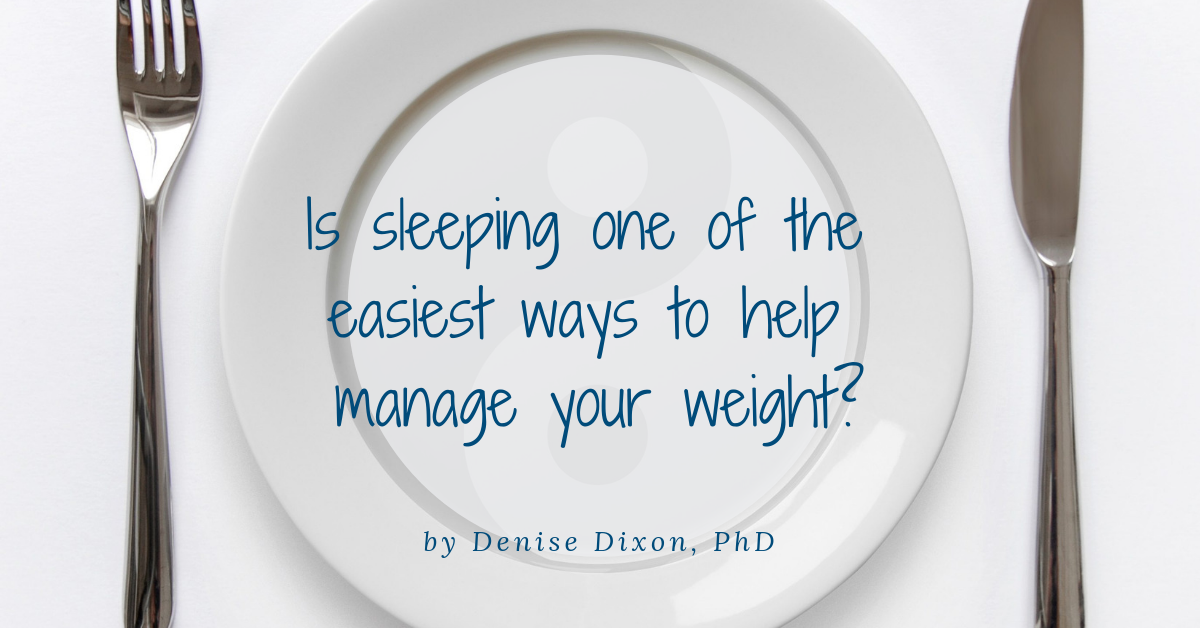
You may have heard about Intermittent Fasting (or Time Restricted Eating), which is one of the simplest ways to help to manage a healthy weight.
I love good science!
Science that is elegant in design; makes “good sense;” elicits “Of COURSE!” and has the potential to help millions of people, (especially with regards to managing a healthy weight).
And, science that offers simple (EASY) ways to improve health and well-being.
Yes, good science!
A biologist named Satchin Panda and his colleagues at the Salk Institute in La Jolla, California, produced good science. Science that can help the millions of people that have joined the ranks of the obesity pandemic, and have been struggling to find a way — any way — to lose weight, and keep it off – to manage a healthy weight.
Panda and his team studied mice that were on high-fat diets.
One group of mice were allowed to eat as much as they wanted, at any time that they wanted. These mice became obese (and quite unhealthy).
A different group of mice ate the same number of daily calories as the first group, but they did not become obese or unheatlhy. Instead, they stayed at a healthy weight.
What was the main difference between the two groups?
The first group was allowed to eat at any time of day or night.
The second group was restricted to eating during an eight-hour window.
The researchers were surprised that the mice that ate the same number of calories, but ate only for eight hours, did not become as obese (less than 12 percent of their body weight was fat) as the mice that ate at any time (40 percent of body weight was fat).
That’s the difference between weighing (for example) 200 versus 144 pounds.
Wow!
Also, the time-restricted mice had nearly normal cholesterol, blood sugar, and liver function.
AND, on an exercise test, they out-performed not only the overweight, but also the mice that had been fed a normal (not high-fat) diet.
RELATED: Four fitness apps that you want to download right now
What is the take home message?
That the late-night dining and snacking, common in modern societies, may be contributing to the obesity epidemic.
There are many possible causes of today’s obesity epidemic, including decreases in exercise, and poor, interrupted, and/or little sleep.
Labor-saving technologies and the Internet have reduced our need to even stand up or walk around.
We’re also consuming more and more processed, high-calorie foods and beverages in increasingly large portions.
RELATED: An honest and complete review of the Green Chef meal kit
Making Sense of the Research
Why would this be?
According to the researchers, eating from before sunrise, to well after sunset, may deprive our bodies of an important chance to maintain (aka “cleanse” itself).
While we eat, the body stores fat, which adds weight and puts stress on the liver, and produces glucose, which raises blood sugar levels—(which can lead to diabetes).
On the other hand, the research suggests that when we stop eating for several hours, the liver stops releasing glucose into the blood, and instead uses it to repair damage to our cells. It also releases enzymes that break down cholesterol into acids, which in help break down brown fat—a “good” fat that converts calories into heat.
So, is “Time Restricted Eating” a difficult, or easy way to help us to manage a healthy weight?
It is EASY, PEAZY, OH-SO BREEZY!!!
It’s all about letting our natural wake-sleep cycle help us to control our eating and manage our weight. While SLEEPING.
This is why time-restricted eating has been dubbed “eating with the clock.”
We eat our meals during daylight (mostly) hours, and “fast” between dinner and breakfast.
RELATED: Is breakfast really the most important meal of the day?
One suggestion is to consume our final calories of the day no later than 7 PM, and then eat breakfast at approximately 8 AM the following morning (for a 13 hour “fast”).
Hence, the fancy-pants term: “Intermittent Fasting.”
Wouldn’t we all prefer to fast while we are sleeping, rather than “cleanse” during the day, while watching other people enjoying their day-time meals?
Hell to the YES!
Of course, making sure to improve our overall nutrition; getting enough physical activity; and protecting our sleep, are all part of an effective weight-management plan!
Now, how easy is that?


Time-restricted eating is an easy way to help manage our weight!
– Denise Dixon, PhD @suffolkhealthpsy.com
REFERENCES AND RESOURCES:
Please click here for links to references for this blog post, and here to access additional links and resources.
RELATED: Four fitness apps that you want to download right now
UP NEXT: Is breakfast really the most important meal of the day?
YOUR TURN:
What do you think about this post? What are your ideas about intermittent fasting? Do you use time-restricted eating? Really looking forward to reading and responding to your comments!
Do you have a suggestion for a blog post? I’d love to hear from you! Simply click here to tell me all about your idea. Thank you!
2 Comments
Please do not discuss clinical concerns here! Remember, this blog is for informational purposes only. It does not represent a professional relationship between the reader and the author. If you have any clinical concerns, please schedule an appointment, or see your own health care provider. As always if you are experiencing an emergency, please call 911 or proceed directly to your closest emergency room.




Hi Denise,
I love your blog! Awesomely clean layout and I dig your writing style too.
I have been intermittent fasting for years. Sometimes I cheat a bit with a 10 hour window but my weight loss and overall health and wellness has been dramatic over the long haul. Sure I run quite a bit and eat moderately but when I stuck to the 8 hour eating window, I maintained a healthier weight and my digestive issues all but disappeared. Amazing how a little bit of fasting every day does wonders for your body.
Ryan
Hi Ryan!
Thank you so much for the thoughtful comment. I’m pleased that you appreciate my website design and my writing style. I am loving this blog! It is so much fun, I can hardly contain my enthusiasm.
I must say that I am learning so much from you, and you always rock it, at bloggingfromparadise.com!
Glad to learn that you have dedicated yourself to health and wellness. I love the notion of working with our natural circadian rhythms to optimize our health. Like you, I have noticed much more consistent (& healthy) weight management, when I limit my intake to ~8 hour windows. Time-restricted eating definitely seems the way to go, in this regard.
Thanks again, and I’ll see you, at your website!
Warmly,
Denise (a.k.a. Dr. D)